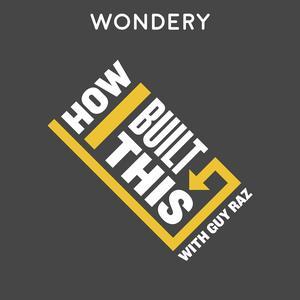
In this episode of “The Daily,” the Supreme Court hears a case that could have far-reaching implications for how industries are regulated in the United States. The case revolves around herring fishermen in Cape May, New Jersey, who have been required to take federal observers on their fishing trips to prevent overfishing. The fishermen argue that the law does not authorize the payments required for the observers, raising questions about who gets to interpret federal laws. This summary delves into the arguments presented in the case and explores the potential consequences of the Supreme Court’s decision.
The case before the Supreme Court challenges the Chevron Deference doctrine, which gives deference to agency interpretations of ambiguous laws. This doctrine has significant implications for American law and regulation. On one hand, it allows subject matter experts within agencies to interpret complicated rules, such as those related to artificial intelligence. This expertise can be valuable in ensuring that regulations are effective and appropriate. However, critics argue that the doctrine gives too much power to government agencies, allowing them to interpret laws in ways that may exceed their authority. The case raises the question of whether agencies or judges should have the final say in interpreting federal laws.
If the fishermen win the case, it could shift power from agencies to Congress and the courts. This aligns with the conservative movement’s goal of deregulation. However, the case also raises interesting contradictions within the conservative movement. While conservatives often complain about unelected judges having too much power, getting rid of the Chevron doctrine would actually increase judicial power. The Supreme Court favors increasing judicial power and likes to be the decider on consequential social issues. Therefore, the case may have broader implications for the balance of power between the branches of government.
In addition to the case before the Supreme Court, the episode covers other news, including the United States’ attack on Houthi military sites in Yemen and Congress passing a last-minute short-term funding bill to avoid a government shutdown. These stories highlight the ongoing challenges and debates in American politics and policy-making. In conclusion, the case regarding the Chevron Deference doctrine has significant implications for American law and regulation. It raises questions about the balance of power between agencies and the judiciary, as well as the role of subject matter experts in interpreting complex laws. The Supreme Court’s decision in this case could shape the future of regulation in the United States.
The Supreme Court case discussed in this episode has the potential to transform how industries are regulated in the United States. The arguments presented revolve around the Chevron Deference doctrine and the question of who gets to interpret federal laws. The case raises broader questions about the balance of power between agencies, Congress, and the judiciary. Additionally, it highlights contradictions within the conservative movement regarding judicial power. The outcome of this case could have far-reaching implications for American law and regulation, shaping the future of how policies are implemented and enforced.